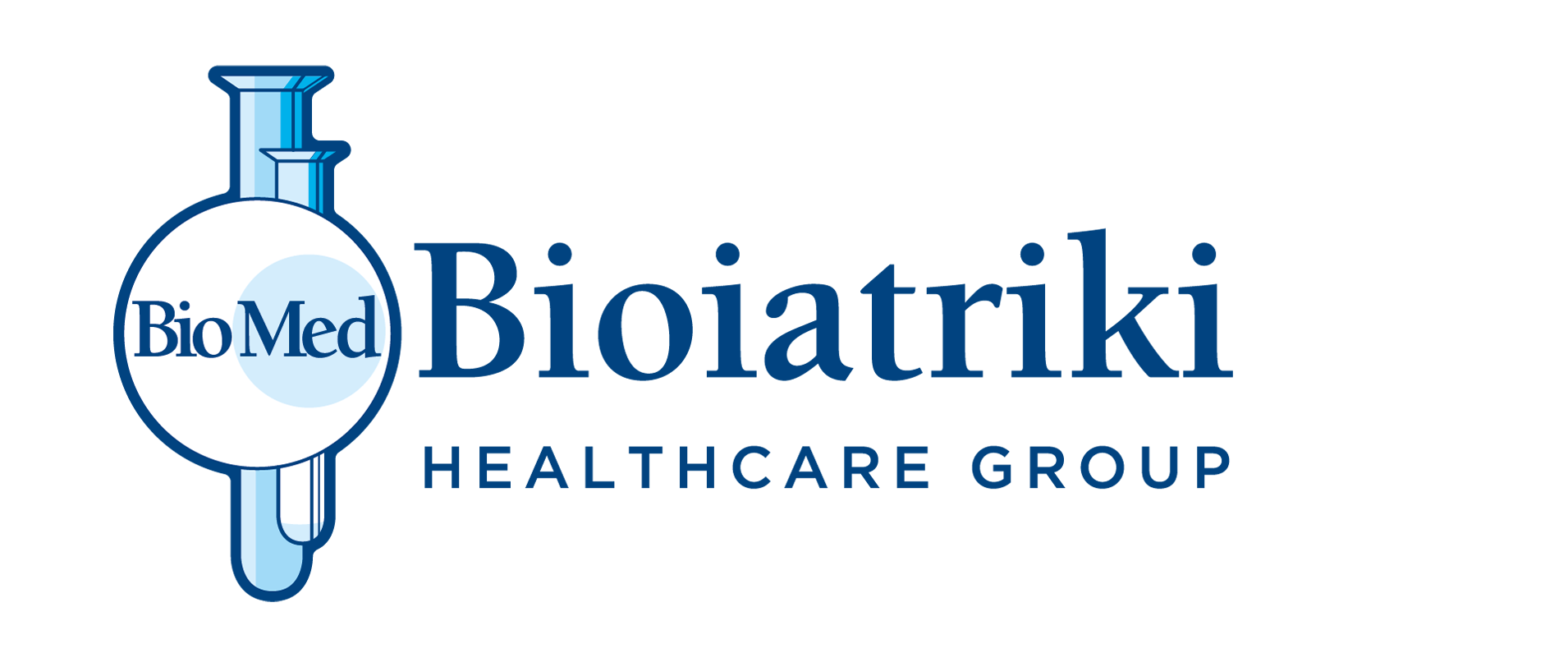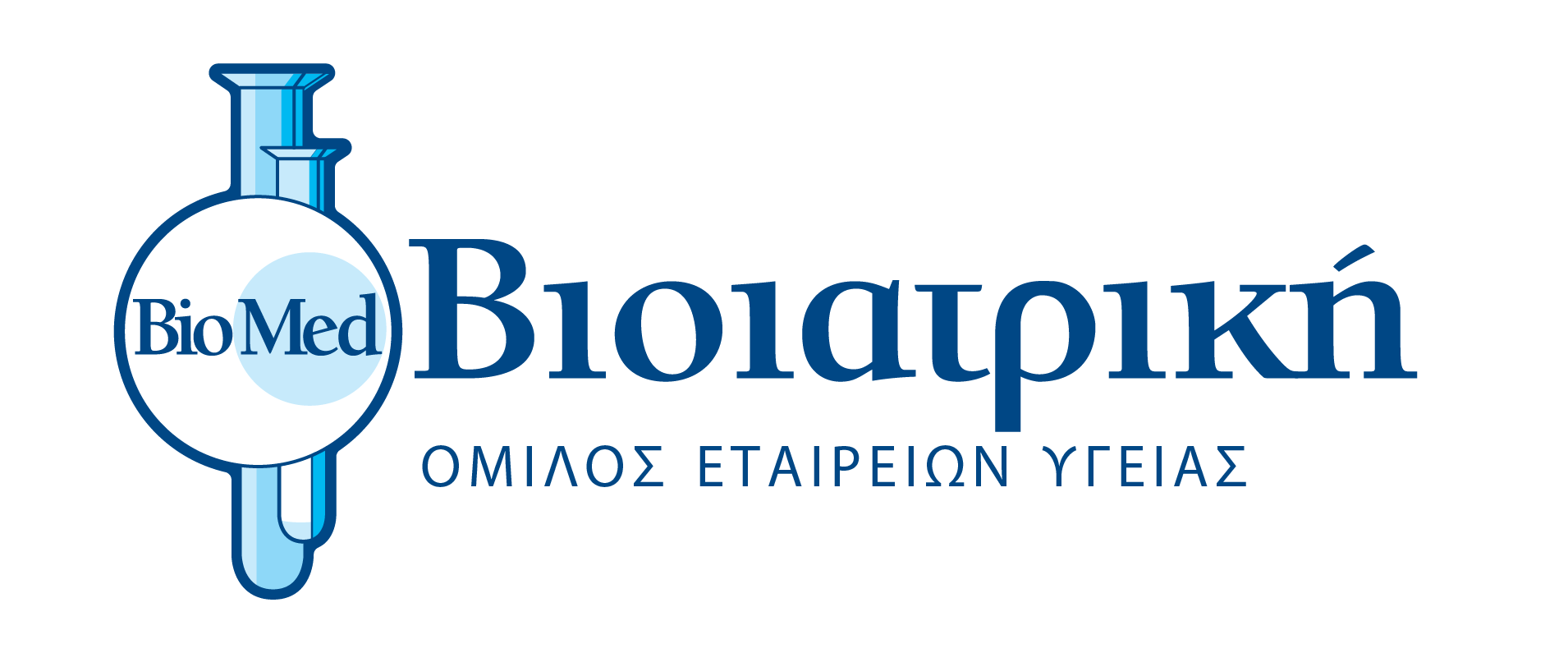BIOIATRIKI Healthcare Group’s cytopathology laboratory:
Has modern, automatic sample processing medical devices, which operate under safe conditions and is staffed by experienced and well-trained medical and paramedical personnel.
- It is accredited
- It is under external quality assessment by Labquality [Finland]
Specific procedures and management of the flow of incidents, test results, and the laboratory’s interconnection with its branches are supported by the renowned IT department.
Pap Test
Pap test detects precancerous lesions that can develop into cancer, which can be treated if diagnosed early.
Detection of human papillomavirus (HPV) infection is crucial as HPV is responsible for cervix carcinogenesis.
Additionally, Pap test can detect other inflammations such as cervicitis and vaginitis, and microbial infections from Trichomonas and fungi etc.
It is a simple, short, painless, low cost and high diagnostic accuracy test.
Women can be tested every 1-2 years when they become sexually active, however, for the reliability of the examination, they must avoid both intra-vaginal washing and sexual intercourse 24-48 hours before examination. For best results, a Pap test should not occur when a woman is menstruating, but, ideally, during mid-menstrual cycle.
Pap Test is performed with both the Conventional Method and the Liquid Phase Cytology (ThinPrep)
Liquid-based cytology (LBC) advantages
- Samples are homogeneously well fixed
- The cells are not covered by bleeding elements
- Smaller area, easier to microscopy
- Less inadequate data and repetitions
- Single layer of cells which is better for automated analysis
- Allows performance of secondary supporting tests such as HPV testing from the same sample to detect the virus strain (low or high risk) by the Molecular Biology department
Cytopathology is important both in exfoliative cytology (sputum, urine, etc.) and in fine needle aspiration (FNA), that is, cytological evaluation of samples obtained by fine-grained needle of palpable and deep – seated lesions.
FNA (fine needle aspiration)
- FNA is a simple, painless, and fast method for diagnosis of palpable lesions such as lesions in lymph nodes, breast, soft tissue, thyroid, salivary glands, etc.
- It is a biopsy that answers the question whether it is a benign or a malignant lesion.
- The aspirated cytological material is coated on special slides which are stained with Diff-Quick for microscopy.
- The first assessment, in most cases, allows sample’s adequacy and immediate diagnosis, and the possibility of scheduling additional processing and tests without delay.
- The procedure is simple, painless, and does not require local anesthesia.
- It feels like a simple blood sampling and does not need hospitalization.
- It is also important in monitoring patients with local relapse and distant metastases.
- FNA lesions of the organs, such as the liver, lungs, etc. can be aspirated with the guidance of imaging methods, such as computed tomography (CT), ultrasound (US), etc. It is performed by a radiologist, gastroenterologist, etc., in the presence of a cytologist who checks the adequacy of the material on the spot, reducing to a minimum the need to repeat the procedure.
Exfoliative cytology
- Sputum, bronchoalveolar lavage (BAL), post-bronchiectasis sputum, transbronchial needle aspiration (TBNA)
- Urine: from urinary incontinence, after catheterization, bladder wash procedure
- Cavity Fluids: Pleural, ascetic, pericardial and cerebrospinal fluid, and aspiration of abscess fluids.
- Skin lesions smear
- Pitting from surgical specimens
- Nipple discharge
- Spontaneous secretion
- Stimulated secretion
- Mucosal smears (oral cavity, larynx, pharynx, tonsils, vulva, anus)
METHODS & TECHNIQUES
- Conventional
- Liquid-based cytology (LBC) (Thin-Prep)
- Cellblock (CB) (processing of sediments into paraffin blocks)
STAINS
- Pap stain
- ΜGG
- Diff Quick (quick stain)
- Immunohistochemistry
Collaboration with other departments
- Pathology laboratory
- Molecular biology laboratory
ADDITIONAL SERVICES
- Instructions for the patient to take the sample
- Informing clinicians of any potential deviation of the adequacy of the sample that may affect the diagnosis
- Additional information about the test results
- Information on the necessity and usefulness of the examination requested by the clinician, and at the request of the patient or the treating physician is provided:
- Ability to translate the results in a foreign language
- Possibility of representative cytological images in the medical report
- Sample can be dispatched to another specialized center domestic or abroad for a second opinion.







